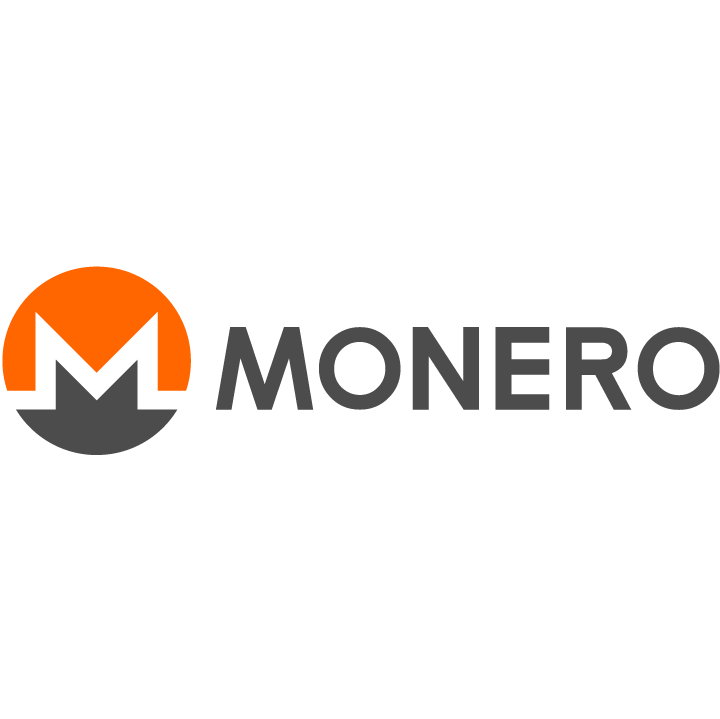Monero’s use in the travel industry and global payments
Monero (XMR), a privacy-focused cryptocurrency, has been gaining traction in various industries due to its strong emphasis on anonymity and security. Among these industries, the travel sector and global payments have seen a growing interest in utilizing Monero. Let’s explore how Monero is being used in these fields and the benefits it offers to users.
Monero in the Travel Industry
The travel industry, which involves numerous transactions and the exchange of sensitive information, has become one of the sectors exploring Monero as a payment option. Privacy and security are major concerns for travelers, especially when making bookings, paying for accommodations, or purchasing travel-related services. Monero, with its strong privacy features, is an attractive option for individuals who want to keep their financial and personal details private while traveling.
Several travel agencies and online platforms now accept Monero as a payment method. These platforms allow users to book flights, hotels, and other services using Monero, ensuring that the transactions remain confidential and untraceable. This provides an alternative to traditional payment methods, which often require the sharing of personal and financial data that could be vulnerable to breaches or surveillance.
For travelers who value their privacy or are traveling to regions with strict financial regulations, Monero provides a way to transact without revealing sensitive information. This is particularly useful in cases where travelers want to avoid the scrutiny of credit card companies, banks, or other financial institutions. Monero’s decentralized nature also means that travelers can avoid fees or restrictions imposed by financial intermediaries, making international travel payments simpler and potentially cheaper.
Monero’s Role in Global Payments
Monero’s utility is not limited to the travel industry. It has also become an increasingly popular option for global payments, particularly for cross-border transactions. Traditional international payments can be slow, expensive, and often involve multiple intermediaries such as banks and payment processors. These intermediaries typically charge high fees and impose strict regulations on the transfer of funds across borders.
Monero bypasses these intermediaries by providing a decentralized, peer-to-peer network where users can send payments directly to each other without relying on a central authority. This results in faster transactions with minimal fees compared to traditional banking systems. Moreover, Monero’s privacy features ensure that transactions are completely anonymous, making it difficult for third parties to track or interfere with the transfer of funds.
For businesses and individuals involved in international commerce, Monero offers a secure and efficient solution for receiving and sending payments globally. The anonymity provided by Monero is especially beneficial in regions with strict financial oversight or where capital controls limit the free flow of money. Monero allows users to maintain financial privacy while conducting cross-border transactions, avoiding potential risks such as surveillance or censorship.
Benefits of Using Monero in the Travel and Payments Industries
There are several key benefits to using Monero in the travel industry and for global payments. First, Monero offers enhanced privacy by default, which is a major advantage for individuals who want to protect their personal and financial data. Travelers can make purchases and bookings without exposing their identity, while businesses can accept payments without revealing transaction details to third parties.
Second, Monero transactions are fast and cost-effective. Traditional payment systems, especially for international transactions, can take days to process and incur high fees due to the involvement of multiple intermediaries. Monero’s peer-to-peer network eliminates these middlemen, resulting in faster payments and significantly lower costs. This is particularly important for businesses that rely on frequent global transactions or operate in countries with unstable banking systems.
Third, Monero’s decentralized nature makes it resistant to censorship and government intervention. In regions where financial activities are closely monitored or restricted, Monero allows users to maintain control over their funds and conduct transactions freely. This makes it a powerful tool for individuals and businesses operating in countries with limited financial freedom.
Challenges Facing Monero Adoption in These Sectors
Despite its benefits, Monero faces challenges in gaining widespread adoption in the travel industry and global payments. One of the main hurdles is regulatory scrutiny. Governments and financial institutions are wary of privacy coins like Monero due to their potential use in illegal activities such as money laundering and tax evasion. As a result, some countries have introduced regulations to limit or ban the use of privacy-focused cryptocurrencies.
Another challenge is the lack of widespread acceptance. While some platforms in the travel industry have begun to accept Monero, it is still far from being a mainstream payment option. Many businesses remain cautious about accepting cryptocurrencies due to concerns about volatility, regulatory issues, and the complexity of integrating crypto payment systems.
The Future of Monero in Travel and Global Payments
Despite these challenges, the potential for Monero in the travel industry and global payments is significant. As privacy concerns grow and more individuals seek ways to protect their financial information, Monero’s use could expand in industries where confidentiality is highly valued. Additionally, as the adoption of cryptocurrencies continues to increase, more businesses may begin to accept Monero as a viable payment option, particularly in regions where financial freedom is limited.
As the world becomes more connected and global transactions become a daily necessity for many businesses and individuals, Monero’s ability to provide fast, private, and cost-effective payments makes it a promising option for the future of both travel and international commerce.
Conclusion
Monero’s strong privacy features make it an ideal option for the travel industry and global payments. It offers a way for travelers to protect their personal and financial information while avoiding the high fees and slow processes associated with traditional payment methods. For global transactions, Monero’s decentralized and private nature makes it a valuable tool for businesses and individuals seeking efficient cross-border payments. While challenges such as regulatory scrutiny and limited acceptance remain, Monero’s potential in these sectors continues to grow.
